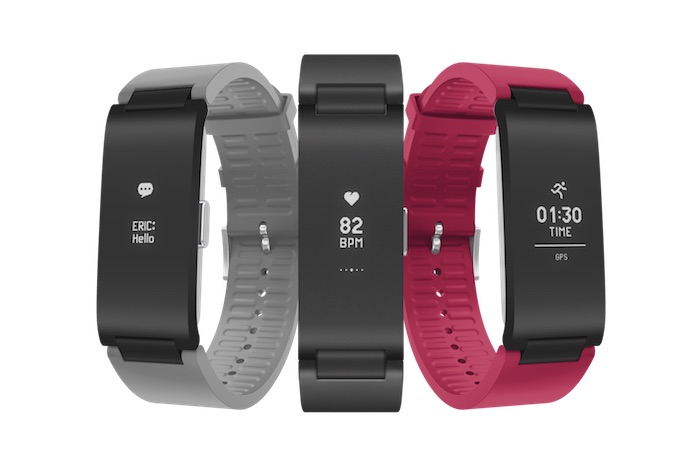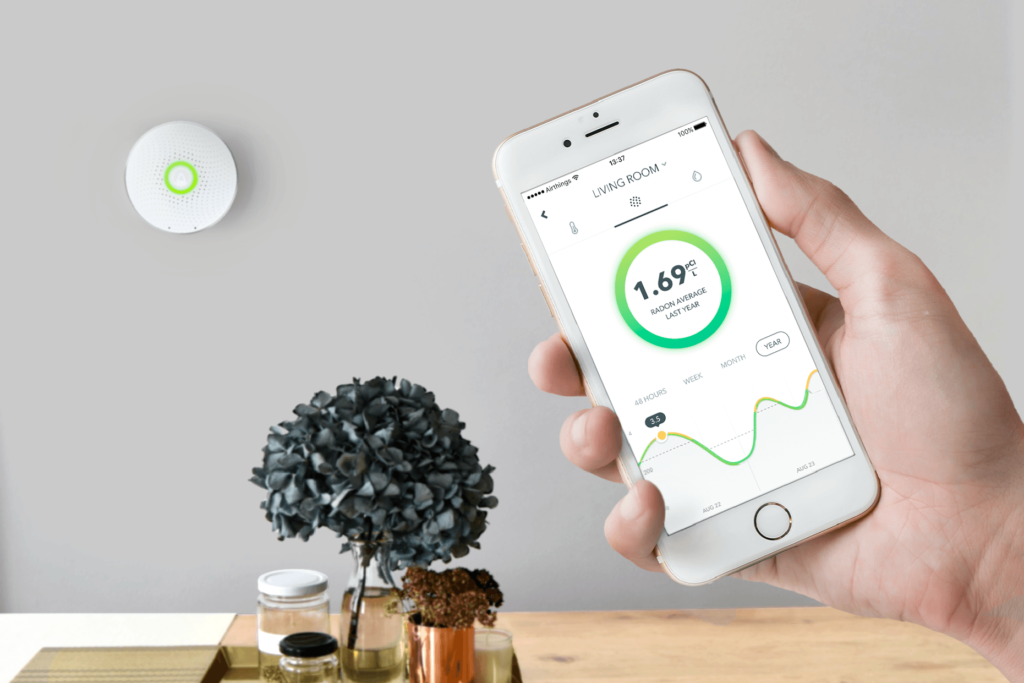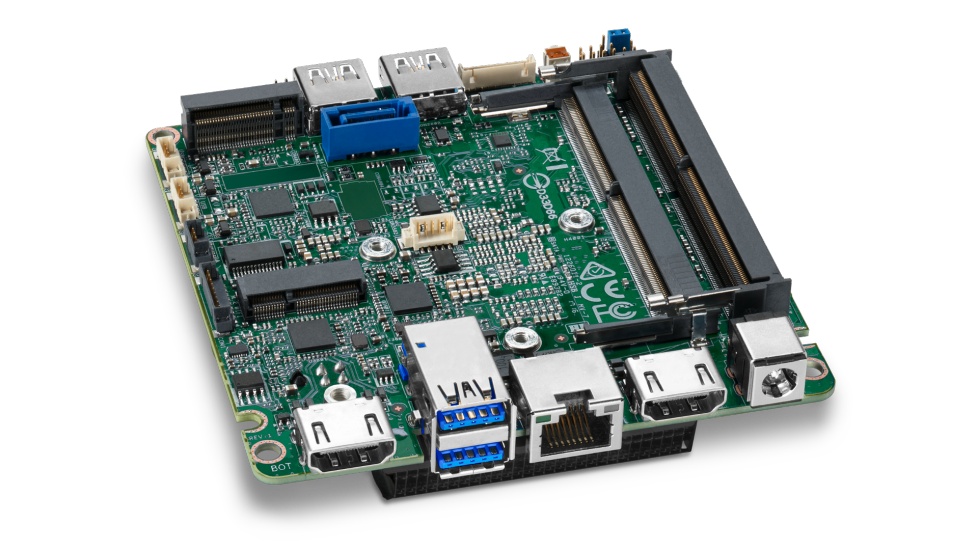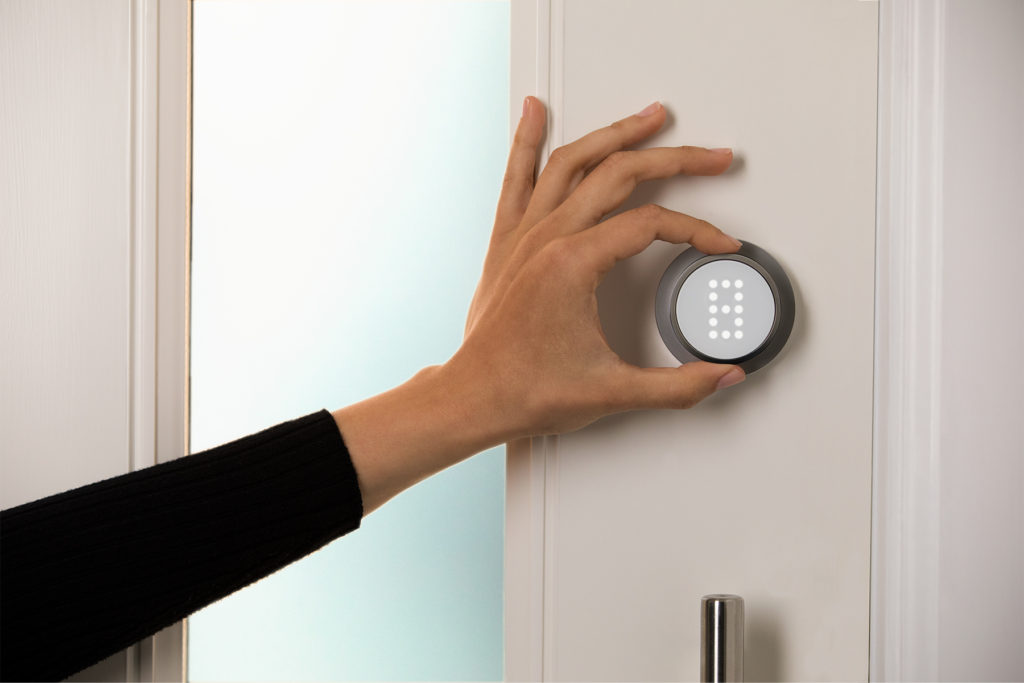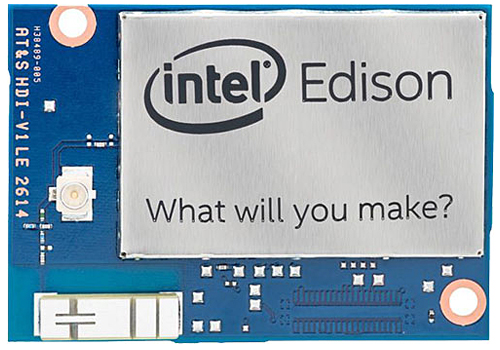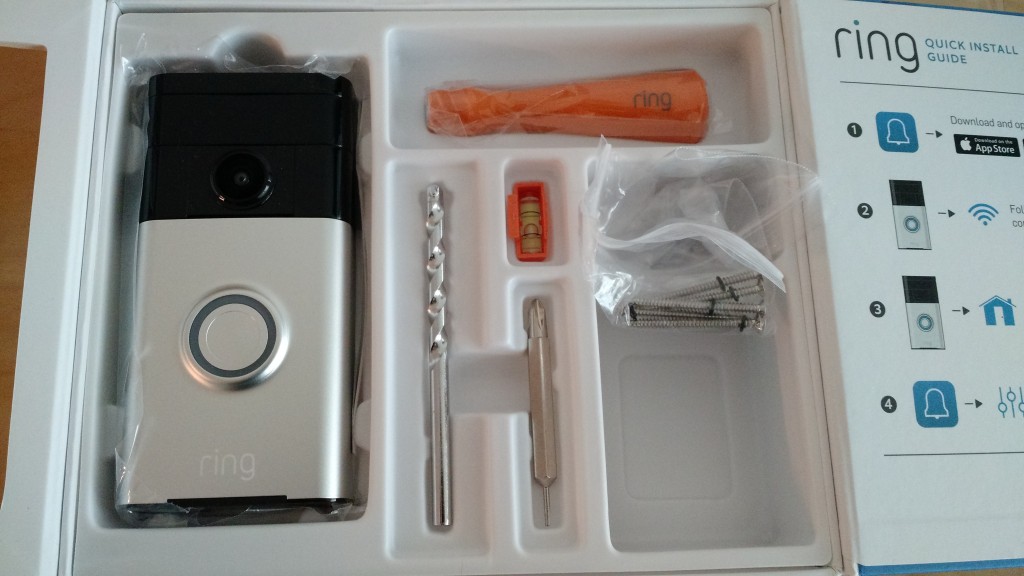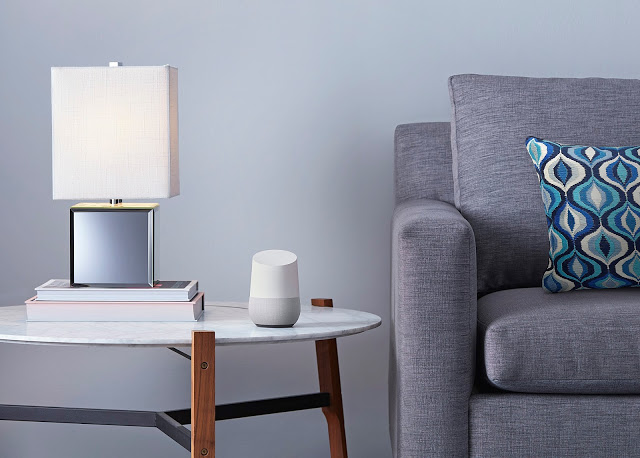This week on the show Kevin and I share our misgivings about smart speakers and some ideas to help address the privacy issues for those who want to continue to embrace the convenience, but don’t want strangers hearing their fights, farts, and friends. We also talk about the acquisition of Centralite’s assets by Ezlo, which has acquired other struggling home automation startups in the last year. Then we tackle ARM’s new licensing plan, Intel’s neuromorphic chips, and an update on Wyze (plus its next device). News bits include a new drone platform, UbiquitiLink’s funding, Eve’s new Bluetooth extender, and hacked insulin pumps. In our voicemail this week we answer a reader question about an outdoor Amazon Echo speaker.
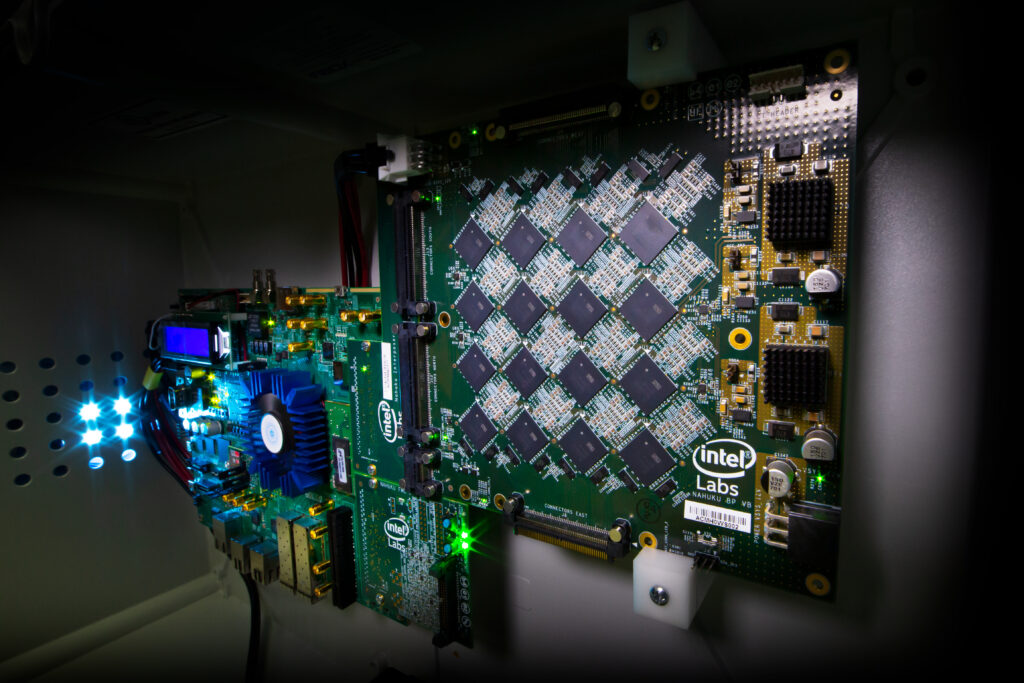
This week’s guest is Rags Srinivasan, who is a senior director of growth verticals at Seagate. He’s on the show to talk about Seagate’s efforts to make its wafer manufacturing process smarter. The company started with the idea of implementing a predictive maintenance program for manufacturing machinery but realized that if it could instead use AI earlier in the manufacturing process it would have a larger impact on the company’s bottom line. Srinivasan explains the tools the company used for Athena, how it hopes to achieve a 300% return on investment and why internal branding is essential. He also extols the virtues of cameras as the ultimate IoT sensor. Enjoy the show.
Hosts: Stacey Higginbotham and Kevin Tofel
Guest: Rags Srinivasan of Seagate
Sponsors: Dell Technologies and Afero
- How companies should fix their smart speaker QA process
- What happened to Centralite?
- ARM’s new licensing model and Intel’s new chips have something in common.
- Seagate tried edge processing solutions from HPE and Nvidia
- How to get buy-in from your bosses for an IoT project
Podcast: Play in new window | Download | Embed
Subscribe: RSS


